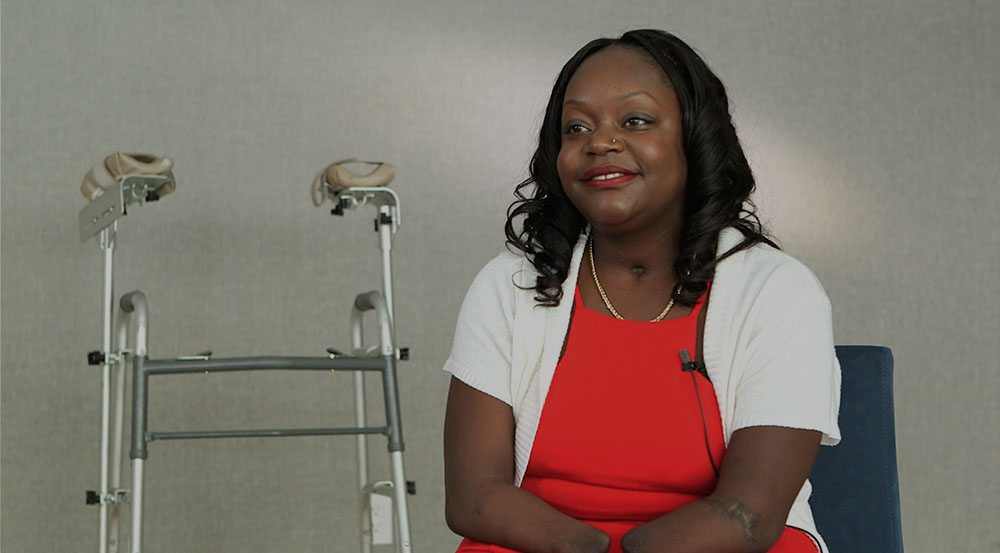The term “malpractice” refers to a claim for money damages based on a professional’s failure to meet the minimum level of care, resulting in injury. It is important to remember that most physicians and other medical professionals are highly skilled and competent individuals, and most things laypersons think is malpractice is not. A bad result does not mean there was malpractice. Nonetheless, no one is perfect and medical errors do happen.
It is a fact that tens of thousands of people are injured or killed each year by medical malpractice. And while medicine is not an exact science, every patient has the right to competent medical care by physicians, nurses and hospitals. In general, medical professionals must exercise such reasonable care and skill when treating patients as, under similar conditions and like circumstances, is minimally or ordinarily employed by other similarly situated medical professionals.
In a medical malpractice case, you must prove that the professional (be it a doctor, nurse, technician or therapist) fell beneath the minimum level of care other professionals in the same field would provide under the same circumstances and that the failure resulted in some identifiable injury. This often requires the use of a medical expert witness to testify about the level of care that should have been provided to you and how the failure to provide you with adequate care led to your injury. This is generally referred to as “liability.”
If you prove liability, you will be entitled to damages or money. Damages for pain and suffering in many states has been capped or limited by statute. Of course you are entitled to any and all economic damages (wage loss, out of pocket expenses, past and future medical expenses, etc.) which can be proven.
Medical malpractice is a very specialized field. If you have a medical malpractice claim, it is important that you speak with an experienced attorney. Because of the expense associated with medical malpractice litigation, the need to understand medicine and cultivate expert witnesses and the limited financial return in many states, most attorneys will not accept medical malpractice cases.















